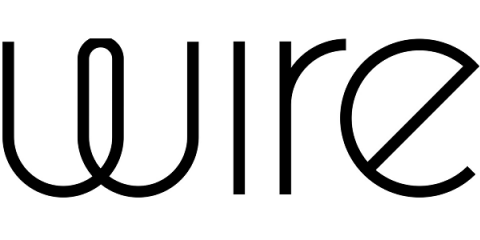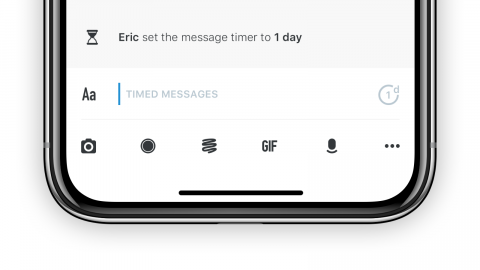Is your video conferencing solution really secure?
Whether it’s a weekly team meeting, or a quarterly board meeting - video conferencing has become one of those ubiquitous technologies that we all take for granted. However, while many enterprises have large-scale deployments of conferencing tools (such as Cisco Webex), many still default to desktop apps like Skype, Slack, or even Whatsapp for real-time, ad-hoc video calls between employees (and even their clients).





